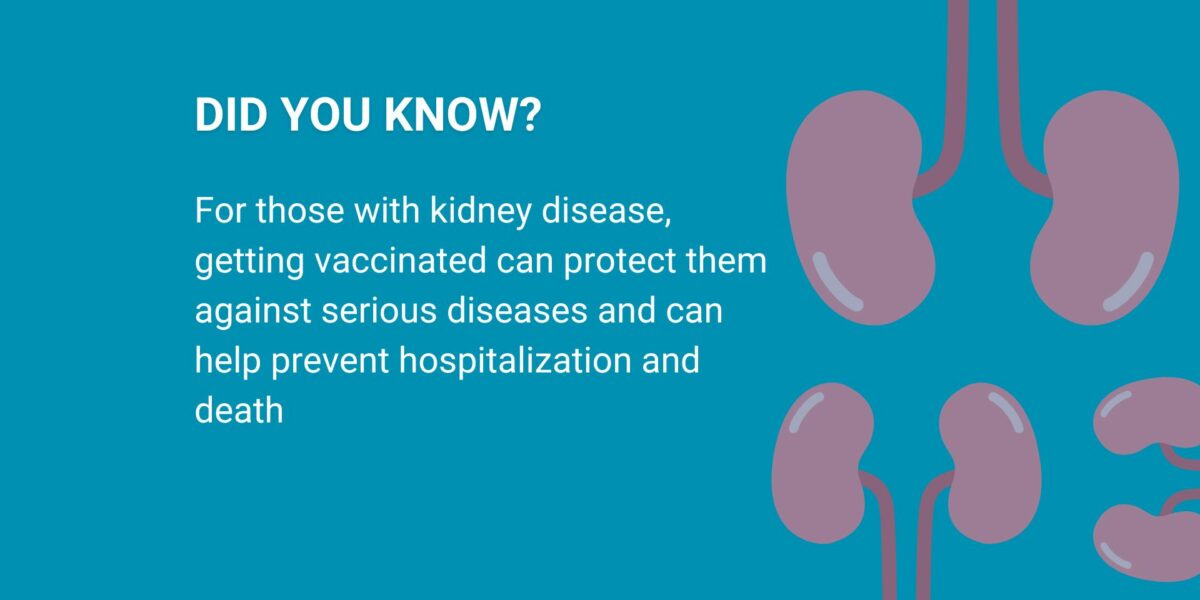
What Is Tetanus?
Tetanus, commonly called lockjaw, is a bacterial disease that affects the nervous system. It is contracted
through cuts or wounds that become contaminated with tetanus bacteria. Spores from the bacteria can get in through deep puncture wounds or cuts like those made by nails or knives, but even a scratch can provide an entryway. People who have crush injuries, burns, or frostbite are at risk for tetanus. Tetanus bacteria are present worldwide and are commonly found in soil, dust, and manure. The tetanus bacteria produce a toxin, which causes severe muscle spasms, leading to “locking” of the jaw, making it hard to open the mouth or swallow. In severe cases, tetanus infections can lead to death by suffocation.
Tetanus is a vaccine-preventable disease that is not transmitted from person to person.
Burden
Due to widespread immunization, tetanus is a rare disease in the US.
Symptoms
Common initial symptoms of tetanus are a headache and muscular stiffness in the jaw (lockjaw) followed by stiffness of the neck, difficulty swallowing, hardening of abdominal muscles, spasms, sweating, and fever. Symptoms usually begin around eight days following infection, but onset may range from three days to three weeks.
Prevention
Vaccination is the best way to prevent tetanus. Most infants receive a first dose in the form of a combined vaccine called DTaP (diphtheria-tetanus-acellular pertussis). Health officials now recommend that adults and adolescents receive a Tdap (tetanus-diphtheria-acellular pertussis) or Td (tetanus-diphtheria) booster vaccine every 10 years.
Treatment
Immediate and good wound care is important. People with tetanus require prompt treatment that may include tetanus immune globulin, drugs to control spasms, antibiotics, and supportive care. Additional vaccine may be needed.
Fact: Tetanus can be prevented with a safe and effective vaccine.
Fact: People with tetanus may have to spend several weeks in the hospital under intensive care.
Fact: Tetanus is not transmitted from one person to another.
Fact: Recovery from tetanus illness may not result in lifelong immunity. Another infection could occur unless immunization is provided soon after the person’s condition has stabilized.
Updated June 2020
Source: Centers for Disease Control and Prevention
Related Resources

Vaccines during Pregnancy: Protecting Maternal and Infant Health
In this recorded webinar, NFID, and partners ACOG and NCfIH, host a webinar discussion on strategies to help prevent infectious diseases and increase uptake of recommended vaccines during pregnancy

Updates from June 2024 Advisory Committee on Immunization Practices (ACIP) Meeting
In this recorded webinar, speakers discuss updates from the June 2024 Advisory Committee on Immunization Practices (ACIP) meeting, focused on US vaccination recommendations for children, adolescents, and adults …

Get Vaccinated to Help Prevent Whooping Cough
Animated video on the importance of getting vaccinated to help prevent whooping cough, tetanus, and diphtheria
Related Posts

3 Things You Need to Know about Kidney Disease and Vaccines
It is important for people with kidney disease to understand how critical vaccination can be for their health and well-being
